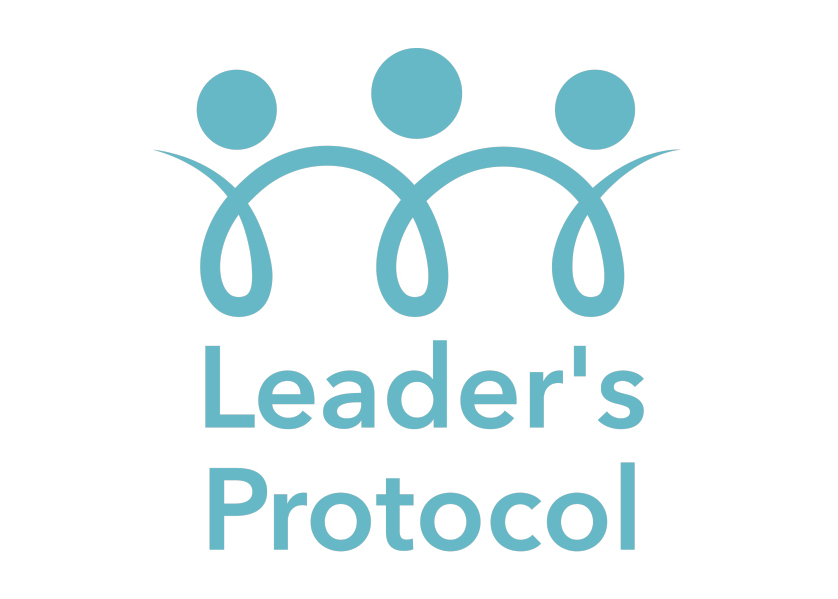The Psychological Contract - the unspoken words between employer & employee
The Psychological Contract, a significant concept in organisational behaviour and human resources, was introduced by Chris Argyris in the 1960s. It has since evolved, mirroring changes in work environments, societal values, and business models. Originally, Argyris used the term to denote an employee’s informal, unwritten expectations regarding their job, rather than the formalised, written contractual obligations.
Definitions
A Psychological Contract is often characterised as the perception of reciprocal obligations between an employer and employee. This unwritten agreement extends beyond the written employment contract, encompassing mutual expectations and beliefs about the give-and-take of the relationship. It can be further divided into ‘transactional’ contracts (focused on economic exchanges) and ‘relational’ contracts (emphasising socio-emotional exchanges).
Practical Examples and Case Studies
One example is the Royal Bank of Scotland (RBS), which in 2001 underwent a significant change management process. Recognising the importance of the Psychological Contract, RBS implemented programs to facilitate open communication and acknowledge employee contributions. Their attention to managing the psychological contract resulted in increased employee trust and commitment.
Google is another example, renowned for its emphasis on a healthy Psychological Contract. Through competitive salaries, comprehensive benefits, and a thriving work culture, Google maintains a positive contract, frequently placing it atop “Best Places to Work” lists.
Netflix, a more recent case, revolutionised its HR strategy by fostering a strong Psychological Contract built on trust and freedom. They dispensed with strict vacation and expense policies, opting instead to trust their employees’ judgement. This high-trust culture has played a significant role in attracting and retaining talent.
Lastly, let’s consider Uber’s crisis in 2017. Accusations of a toxic work environment resulted in the violation of its Psychological Contract with employees, leading to employee turnover and damage to its reputation. The company has since worked to repair this contract, highlighting the critical role of the Psychological Contract in organisational health.
Academic Insights
Denise Rousseau significantly developed the concept of the Psychological Contract. She emphasised its dynamic nature and how contract violation can result in decreased job satisfaction, lower productivity, and increased turnover. Recent research also explores how the COVID-19 pandemic has challenged Psychological Contracts, as employers and employees had to renegotiate expectations in the face of a radically altered work environment.
Critical Analysis
Despite its importance, the Psychological Contract poses challenges due to its subjective and implicit nature, making it difficult to measure and manage. Misunderstandings can easily arise, leading to contract breaches. Solutions involve fostering open communication, managing expectations, and promoting a culture of trust and fairness.
Future Outlook
The future of work—with trends like remote and hybrid working, the expectations of Gen Z employees, and changing leadership styles—demands a new understanding of the Psychological Contract. Leaders must learn to navigate these changes, balancing employee autonomy with organisational goals, while also building trust and commitment.
Conclusions
The Psychological Contract significantly influences the employer-employee relationship. While it can be complex to manage, organisations that understand and nurture these implicit agreements can greatly benefit from improved employee engagement, performance, and loyalty.
For Further Exploration:
Read: Rousseau, D. M. (1995). Psychological Contracts in Organizations: Understanding Written and Unwritten Agreements.
Listen: WorkLife with Adam Grant, a podcast exploring work dynamics and organizational behavior.
Watch: The happy secret to better work | Shawn Achor, a TED Talk discussing the correlation between happiness and productivity.




